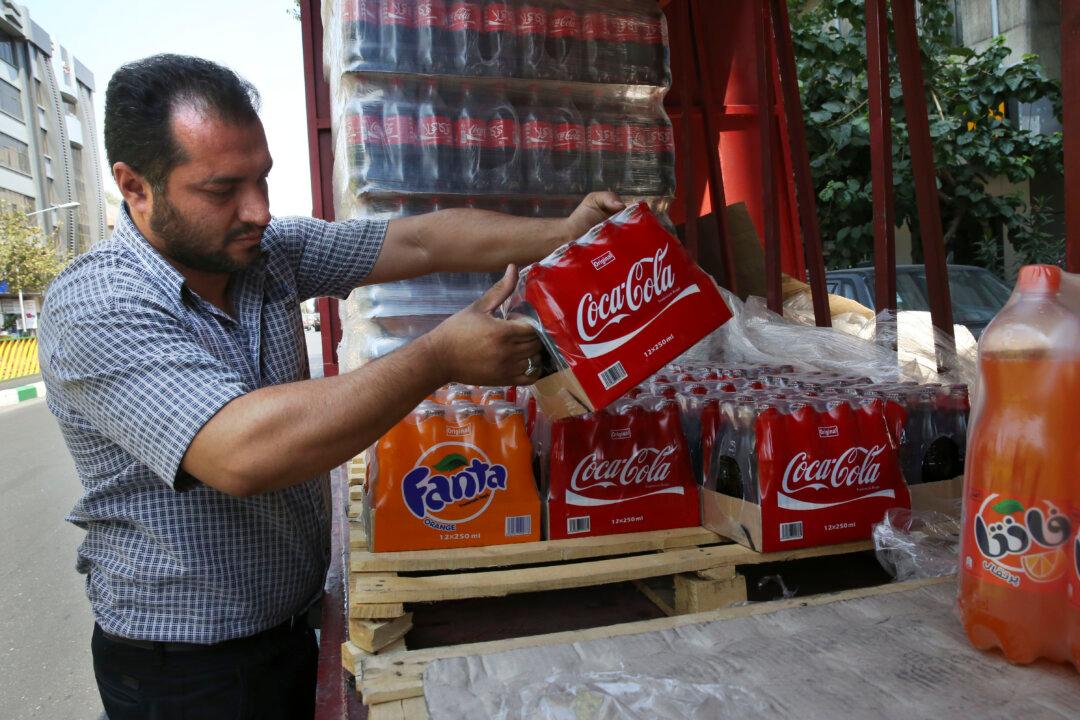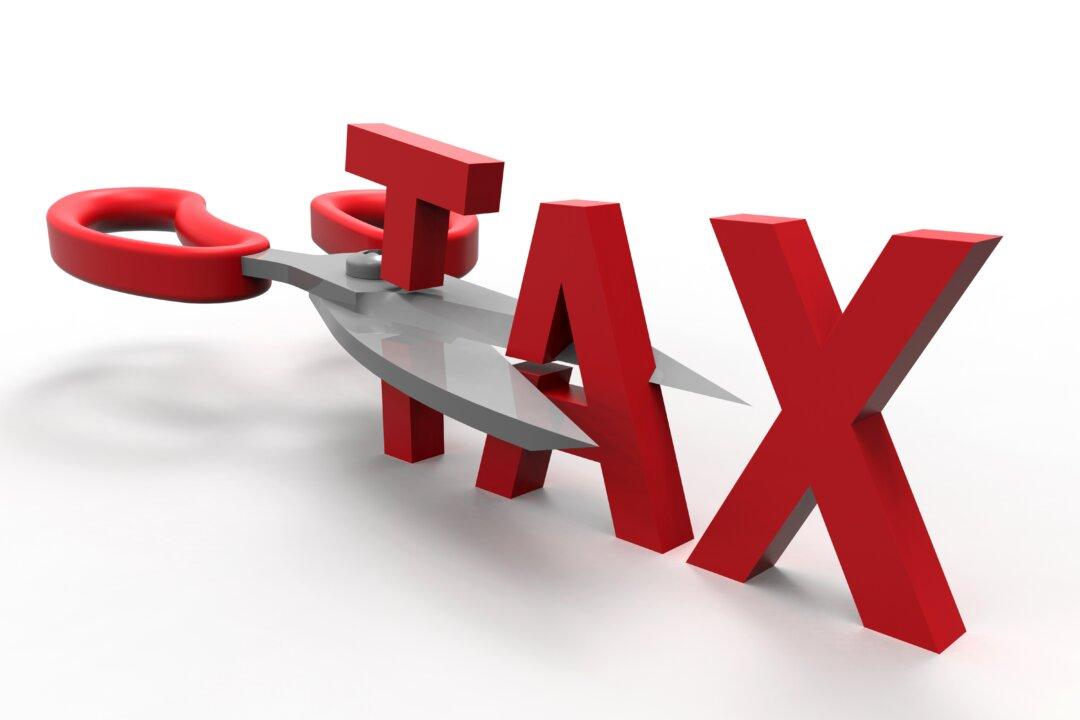TEHRAN, Iran — Shortly after Iran reached a nuclear deal with world powers, a local newspaper in Tehran published an image that many outside the country would take for granted: An American actor hawking an expensive watch.
But John Travolta’s blue eyes staring out of the advertisement, which showed him sitting next to NASA’s X-15 experimental rocket jet on a California runway, offered a dose of Americana rarely seen since the 1979 Islamic Revolution. And soon, there could be even more.

In this Wednesday, Aug. 5, 2015 photo, an advertisement of a local Iranian newspaper published on Aug. 2, shows American actor John Travolta. AP Photo/Vahid Salemi





